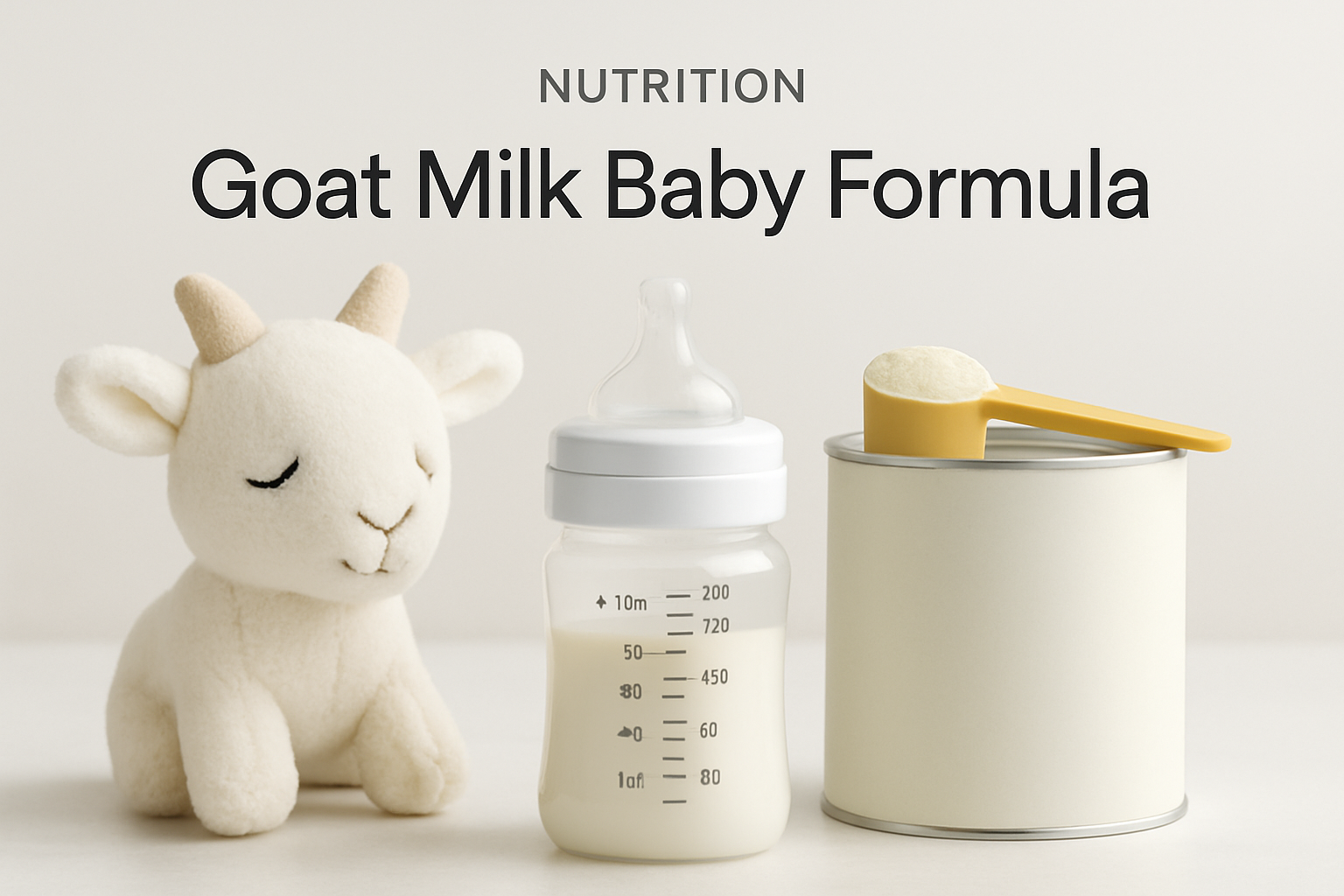
Goat milk baby formula has become increasingly popular in recent years for its potential health benefits. Whether you’re considering it for your little one, or just curious about the hype, this article will provide an overview of goat milk’s role as a possible alternative to cow’s milk-based formulas. As a registered dietitian/nutritionist, I can assure you that every parent wants what is best for their child and there are some important factors to consider before making any decisions when it comes to feeding your infant.
First of all, let’s look at the composition of goat milk compared with cow’s milk-based formulas. The proteins found in goat milk are more similar in structure to those found naturally in human breast milk than those found in cow’s milk. This may make them easier to digest than cow’s milk proteins so they can be better tolerated by infants who have difficulty digesting cow’s milk-based formulas. Additionally, goat milk contains levels of short-chain fatty acids which could make it easier on babies’ tummies since these acids leave the stomach relatively quickly and move into the intestines where they help break down other nutrients during digestion.
Finally, research suggests that certain vitamins and minerals such as calcium, iron and zinc are more easily absorbed from goat milk than from other types of infant formula milks like soy or rice. It also appears that goat milk provides higher concentrations of essential fatty acids including conjugated linoleic acid (CLA) which plays an important role in building healthy cell membranes throughout the body and helping regulate inflammation throughout life – particularly during infancy and early childhood development stages.
Definition
Goat milk baby formula is a type of infant nutrition made from goat’s milk. It has been used as an alternative to cow’s milk-based formulas, due to its nutritional profile and potential health benefits. As a dietitian/nutritionist, it’s important for me to understand the difference between the two types of formula in order to provide optimal advice on nutrition for infants.
Goat milk contains higher amounts of certain nutrients compared with cow’s milk, including iron, calcium, vitamin A and folic acid. Additionally, goat milk has smaller fat globules than cow’s milk which may help reduce digestive issues such as gas or constipation in some babies. While both are nutritionally complete forms of infant nutrition, parents should discuss their options with their pediatrician before making any decisions about their child’s feeding plan.
Benefits For Infants
Goat milk baby formula offers numerous nutritional benefits for infants. It is a nutrient-rich food that can help ensure your baby receives the vitamins, minerals, and other essential nutrients they need to grow and develop. Goat milk contains important fatty acids like alpha-linolenic acid (ALA) and docosahexaenoic acid (DHA), which are important for brain development and have anti-inflammatory properties. The protein in goat milk is easily digestible, making it gentle on an infant’s delicate digestive system. Additionally, goat milk has been shown to provide protection against some gastrointestinal infections due to its high levels of probiotics.
The calcium content of goat milk is also beneficial; it helps build strong bones and teeth while providing energy for normal growth. Vitamin A encourages healthy eyesight, while B vitamins contribute to overall metabolism and muscle cell production. These are just a few of the many potential health benefits associated with goat milk baby formula – offering parents peace of mind that their little one is getting all the nutrition needed during this crucial stage of life.
Nutritional Content
Moving on from the benefits of goat milk baby formula, let’s dive into its nutritional content. As a dietitian/nutritionist, I’m here to tell ya: what you’ll find in this stuff is pretty impressive!
Goat milk baby formula contains numerous essential vitamins and minerals that provide nourishment for infants’ growth and development. It has higher concentrations of protein, calcium, potassium, phosphorus and magnesium than cow’s milk-based formulas. Plus it provides Omega 3 fatty acids like DHA and ARA which are important for brain development. It also contains an abundance of prebiotics – so it helps promote beneficial gut bacteria – because ain’t nobody got time for tummy troubles!
Goat milk infant formula is rich in nutrients that help support an infant’s normal growth and health. Not only does it offer babies all the nutrition they need, but it can be easier on their digestive systems too. All things considered, it’s certainly something worth considering if you’re looking for healthy options when feeding your little one.
Advantages Of Goat Milk Formula
Goat milk formula has several advantages compared to other infant formulas. First, goat milk is easier for babies to digest than cow’s milk, as it contains less of the proteins that can be difficult for some infants to break down. Furthermore, goat milk contains higher levels of certain key nutrients, such as prebiotics and medium-chain fatty acids. Prebiotics are important for supporting a baby’s immune system and digestive health while medium-chain fatty acids are known to help enhance brain development and growth. Lastly, many parents may find that goat milk formula more closely resembles breastmilk in terms of its composition, making it an ideal choice for those who want their babies to receive the nutrition they need without having to switch from breastfeeding too soon. All of these benefits make goat milk formula a great option for infants seeking optimal nutrient intake during their first year of life.
Disadvantages Of Goat Milk Formula
Goat milk baby formula is not suitable for all infants. There are potential drawbacks that parents should consider before deciding whether goat milk formula is the right choice for their infant.
Firstly, there have been concerns about the safety of some brands of goat milk formula available on the market due to possible contamination with bacteria and other harmful substances. Secondly, it can be difficult to find a reliable brand of goat milk formula as not all brands are regulated or tested for safety by health authorities. Lastly, since goat milk has different components than cow’s milk, it may cause digestive issues in some babies who are sensitive to lactose or proteins found in goat’s milk.
It’s important for parents to consult with their pediatrician before introducing any type of new food into their child’s diet. Pediatricians can provide guidance on which types of formulas may be best suited for an individual baby based on their medical history and nutritional needs.
How To Choose The Right Formula
Now that we’ve discussed the potential disadvantages of goat milk formula, it’s important to consider how you can choose the right formula for your baby. Depending on their age, nutritional needs, and dietary preferences, what works for one infant may not work for another. As a parent or caregiver, here are a few key factors to keep in mind when selecting a formula:
| Feature | Benefits |
|---|---|
| Organic/Natural Ingredients | Animal proteins often better absorbed by infants than plant-based ones |
| Added Prebiotics & Probiotics | Support gut health & digestion |
| Animal vs Plant Protein Sources | Animal proteins often better absorbed by infants than plant based ones |
| DHA / ARA Omegas 3&6 Fatty Acids | Essential fatty acids support brain development & growth |
Choosing the best option depends on several factors, such as if your baby is full term or premature; breastfed or bottle-fed; has food allergies or sensitivities; requires extra calories due to medical conditions like failure to thrive (FTT); or wants something different from regular cow’s milk formulas. It is worth consulting with your pediatrician before making any decisions about which type of formula is best for your little one. Ultimately, selecting an appropriate formula should be tailored to meet the individual needs of each child.
Preparing And Serving Instructions
Preparing and serving goat milk baby formula is simple, safe, and satisfying. First, prepare the necessary supplies: sterilized bottles and nipples, a measuring cup or scoop for formula powder, clean water that has been boiled then cooled to room temperature, and a bottle brush.
Next, measure out the correct amount of powder according to instructions provided on the label. Always add the powder first into each prepared bottle before adding any liquid ingredients such as breastmilk or water. Shake gently until all lumps are dissolved in order to ensure proper nutrition absorption by your baby’s body. Finally, check the temperature of your mixed formula with a few drops placed onto your wrist before feeding; it should feel warm but not hot. With these easy steps you can be sure that your little one is receiving wholesome nourishment while enjoying every sip!
Transitioning From Breast Milk Or Cow Milk Formula
Transitioning from breast milk or cow’s milk formula to goat milk baby formula can be a difficult decision for parents. To help make the transition easier, it is important to understand why goat milk baby formula might be better suited for your infant’s nutritional needs.
Goat milk contains several key nutrients that are beneficial for infants:
Nutrients:
- Higher in protein and lower in lactose than cow’s milk
- Rich in essential fatty acids like omega 3 and 6
- Contains vitamins A, D and B12
Digestibility:
- Easier on sensitive stomachs due to smaller fat globules
- Lower allergen potential compared to cow’s milk formula
These differences may mean that transitioning your infant onto a goat milk baby formula could provide them with improved digestive comfort while still meeting their nutrient needs. Additionally, goats are often considered healthier animals since they live longer lives and produce less methane gas when raised responsibly. This means that you can feel confident about choosing an eco-friendly option for your child’s nutrition.
To ensure a smooth transition, always consult with your pediatrician before making any changes to your infant’s diet. When done correctly, switching to a goat milk baby formula can provide many benefits for both mother and child!
Storage Guidelines
After making the exciting decision to switch from breast milk or cow’s milk formula to goat’s milk baby formula, it is important for parents and caregivers to understand proper storage guidelines. Just as with any other food product, improper storage of goat’s milk baby formula can lead to spoilage that could potentially harm a child consuming it. |
Symbolically speaking, storing goat’s milk baby formula is like setting up an extra layer of protection between your little one and potential bacteria-related illnesses. A four pronged approach – checking expiration dates, refrigeration, cleanliness and portioning – will help keep your infant safe while enjoying their goat’s milk formula.
| Expiration Dates | Refrigeration | Cleanliness | Portioning |
|---|---|---|---|
| Check | Store below 40°F | Use a clean spoon | Measure properly |
It is essential that you check the expiration date on each container before using it in order to ensure its safety. Once opened, all containers should be stored in the refrigerator at temperatures below 40°F (4°C). Always use a clean spoon when scooping out portions for feeding time; this helps prevent contamination from outside sources. Lastly, remember it is important to measure carefully according proscribed instructions on the label so infants do not consume more than they need while still getting enough nutrition to grow healthy and strong!
The best way to make sure your precious bundle drinks only fresh and safe goat’s milk baby formula every day is by following these simple but effective storage tips. Doing so will provide peace of mind knowing that you have taken necessary precautions to protect your little one against potential risk factors associated with spoiled products.
Is It Safe?
Yes, goat milk baby formula is safe for infants. All infant formulas are held to strict guidelines by the US Food and Drug Administration (FDA), ensuring that all products meet current nutritional standards. Goat’s milk based formulas contain essential vitamins, minerals and proteins necessary for proper growth and development of a child. It also contains fatty acids which are important for brain development in infants. The carbohydrates found in goat’s milk help provide energy for your little one throughout their day.
Goat’s milk can be easier on an infant’s digestive system than cow’s milk due to its unique fat globule structure. This makes it more easily digestible and may reduce the likelihood of gastrointestinal issues such as colic, constipation or gas discomfort. Additionally, unlike regular cow’s milk-based formulas, there is no need to hydrolyze (breakdown) the proteins before feeding them to your baby.
Overall, if you feel that goat’s milk formula would suit your baby better than cow’s milk based formula, then go ahead and give it a try! Just make sure you consult with a healthcare professional beforehand to ensure this product meets your baby’s individual needs.
Possible Allergies/Sensitivity Issues
Moving on from the safety of goat milk baby formula, it’s important to consider possible allergies or sensitivity issues. While not all babies will have a reaction when exposed to cow’s milk proteins, some may be sensitive to them. For example, if your baby has been diagnosed with colic and experiences discomfort due to feeding then they could potentially benefit from switching over to goat milk formula as an alternative option.
It is always best practice to consult with your pediatrician before making changes in your infant’s diet. If you decide that you would like to try out a goat milk based formula for your child then it is important that you start slowly and watch for any signs of allergic reactions such as skin rashes, vomiting, diarrhea or increased gas production. If at any point during this transition period your baby exhibits symptoms that concern you then contact their doctor immediately for advice. Additionally, keep in mind that there are other potential allergens in formulas even if they don’t contain cow’s milk proteins so make sure to read labels carefully prior to introducing anything new into your little one’s diet.
Ultimately, it is up to parents and guardians to determine what kind of formula works best for their child but it never hurts to seek professional medical advice first!
Cost Comparison With Other Formulas
When it comes to the cost of baby formula, parents are justifiably concerned. It’s a significant expense that can add up quickly with multiple feedings per day. But when you have your little one’s health in mind, is saving a few dollars worth compromising their nutrition? Let’s take a closer look at the cost comparison between goat milk-based and other formulas on the market today.
Goat milk-based infant formula tends to be slightly more expensive than cow milk-based alternatives. However, if you factor in better nutrient absorption and fewer digestive issues associated with goat milk protein, this extra cost may be well worth it for many families. Additionally, some manufacturers offer larger container quantities which can help offset the initial price jump – essentially reducing the overall daily cost as compared to smaller containers of cow milk-based formulas.
Parents should also consider any medical bills or costs related to treating GI issues caused by an inadequate diet due to poor digestion or lack of nutrients absorbed from cow milk proteins. While no formula type guarantees complete avoidance of these types of problems altogether, research has shown that goat milk proteins are easier for babies to digest and absorb essential vitamins and minerals more effectively than those derived from cows’ milk proteins. Therefore, investing in a quality goat milk based formula could potentially save money over time through avoiding costly doctor visits and/or treatments down the line.
Baby’s Reaction/Acceptance To Taste And Texture
When it comes to taste and texture, goat milk baby formula has been found to be acceptable for most babies. While some infants may find the flavor of cow’s milk-based formulas more familiar, many others have happily transitioned from breastmilk or other types of formula without any issues. The texture is smooth and creamy–similar to that of breastmilk–and doesn’t contain as much lactose as standard cow’s milk formula which can upset a baby’s sensitive stomach.
One important factor in how easily an infant accepts different types of formula is how quickly they transition from breastfeeding or bottle feeding with another type of formula. If parents make slow changes over time instead of switching abruptly, the child will likely acclimate easier. It is also beneficial for parents to offer their infant plenty of opportunities to become comfortable with different flavors and textures by introducing them through foods such as cereals and purees early on in life.
Overall, goats’ milk baby formula tends to provide a good balance between its palatability, nutrition content, and cost when compared with other formulas available on the market today. With careful transitioning strategies and continued exposure to new tastes and textures throughout infancy, this type of formula could be a great choice for families looking for an alternative option for their little one’s dietary needs.
Organic Vs Conventional Options
The notion that organic goat milk baby formula is more nutritious than conventional formulas may have some truth to it. Organic products must meet higher standards set by the US Department of Agriculture, including not using synthetic fertilizers or chemical pesticides during production. However, when it comes to nutrition, both organic and conventional options can provide balanced nutrition for infants depending on their individual needs.
Organic goat milk infant formula typically contains fewer artificial ingredients such as preservatives, flavors, colors, sweeteners and thickeners compared to conventional brands. It also often has a slightly different flavor due to the absence of these additives which could be beneficial if an infant prefers one taste over another. Additionally, many parents feel better about giving their babies organic foods free from potentially harmful chemicals found in non-organic varieties.
When selecting either type of formula for your little one, make sure you check the label carefully so you know exactly what’s included in each product. Compare nutritional content like calories and vitamins between different brands while also looking out for any potential allergens that could cause adverse reactions with your child’s diet. Ultimately, choosing the right option will depend on your baby’s unique dietary requirements and personal preference for taste.
Expert Advice & Recommendations
Now that we’ve established the differences between organic and conventional options for baby formula, let’s take a look at expert advice and recommendations. It is important to consider what healthcare professionals have to say about goat milk-based formulas. Registered dietitians generally agree that when it comes to infant nutrition, goat milk can be an excellent option. This type of milk has high levels of essential fatty acids, vitamins A & D, as well as minerals like calcium and zinc. For babies who are sensitive or allergic to cow’s milk, goat milk may provide relief since its proteins are more easily digested than those found in cow’s milk. Additionally, this type of formula is beneficial because it contains less lactose compared to other dairy sources.
It is important to note that any kind of formula should only be used once recommended by your pediatrician or family doctor. In some cases, parents might consider adding a probiotic supplement for gut health if their child does not tolerate certain kinds of food or experiences frequent constipation. Ultimately, discussing dietary needs with your child’s provider will help establish which formula best suits their individual nutritional requirements.
Conclusion
In conclusion, goat milk baby formula can be a beneficial option for parents looking to provide their infant with an alternative source of nutrition. While it does not replace breastmilk and is relatively more expensive than other formulas on the market, it offers some unique advantages that are worth considering. It contains several important vitamins and minerals as well as proteins that may help support healthy development in infants.
I recommend researching ingredients and brands carefully before making a decision about which type of formula you choose. Parents should also consult their pediatrician or dietitian if they have any questions regarding the nutritional needs of their child. If goat milk baby formula is chosen, I suggest introducing it gradually while monitoring your little one’s reactions and acceptance to taste and texture.
Ultimately, providing children with good nutrition early on is crucial for proper growth and development. As such, choosing the right baby formula can be a daunting task but I hope this article has made the process easier by exploring the potential benefits of using goat milk-based formulas.
Frequently Asked Questions:
What are the potential health benefits of goat milk baby formula compared to cow's milk-based formulas?
Goat milk baby formula has proteins that are more similar to human breast milk, making them easier to digest for some infants. It also contains short-chain fatty acids that aid digestion, higher concentrations of essential fatty acids like CLA, and better absorption of certain vitamins and minerals such as calcium, iron, and zinc.
Are there any disadvantages to using goat milk baby formula?
Yes, some potential disadvantages include concerns about bacterial contamination in certain brands, difficulty finding reliable and regulated products, and possible digestive issues for babies sensitive to lactose or proteins in goat's milk. Parents should consult a pediatrician before switching formulas.
How should goat milk baby formula be stored to ensure safety?
Goat milk baby formula should be stored in the refrigerator at temperatures below 40°F (4°C) once opened. Always check expiration dates, use clean utensils for scooping, and measure portions carefully according to label instructions to prevent contamination and spoilage.
Is goat milk baby formula safe for infants with cow's milk protein allergies?
Goat milk formula may be easier to digest for some infants with cow's milk sensitivities, but it is not hypoallergenic. Parents should monitor for allergic reactions such as rashes, vomiting, or diarrhea and consult a healthcare provider before making dietary changes.
What should parents consider when transitioning their baby to goat milk formula?
Parents should transition gradually, monitor their baby's reaction to taste and texture, and consult a pediatrician beforehand. Goat milk formula may be gentler on digestion, but individual tolerance varies. Slow transitions and observing for adverse reactions are key.

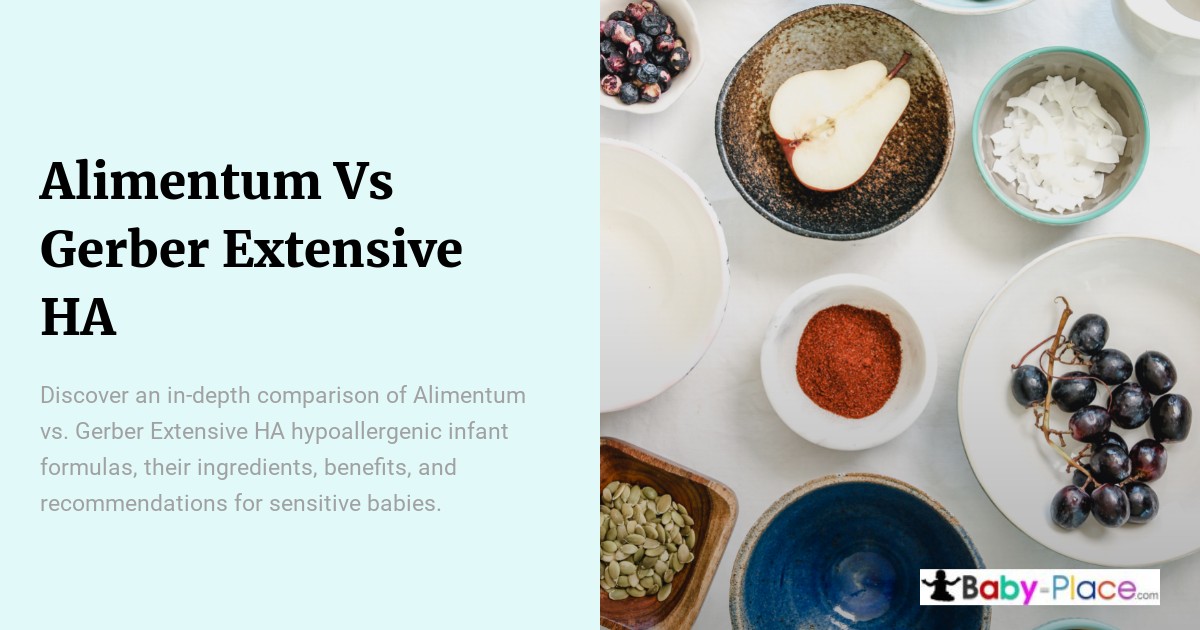
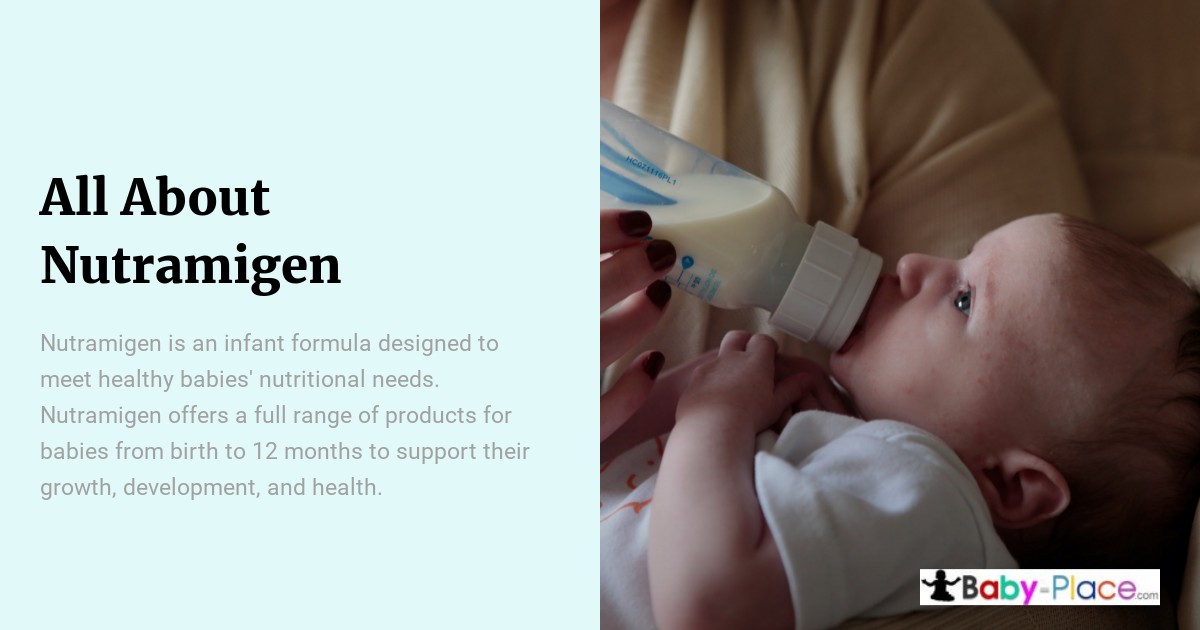
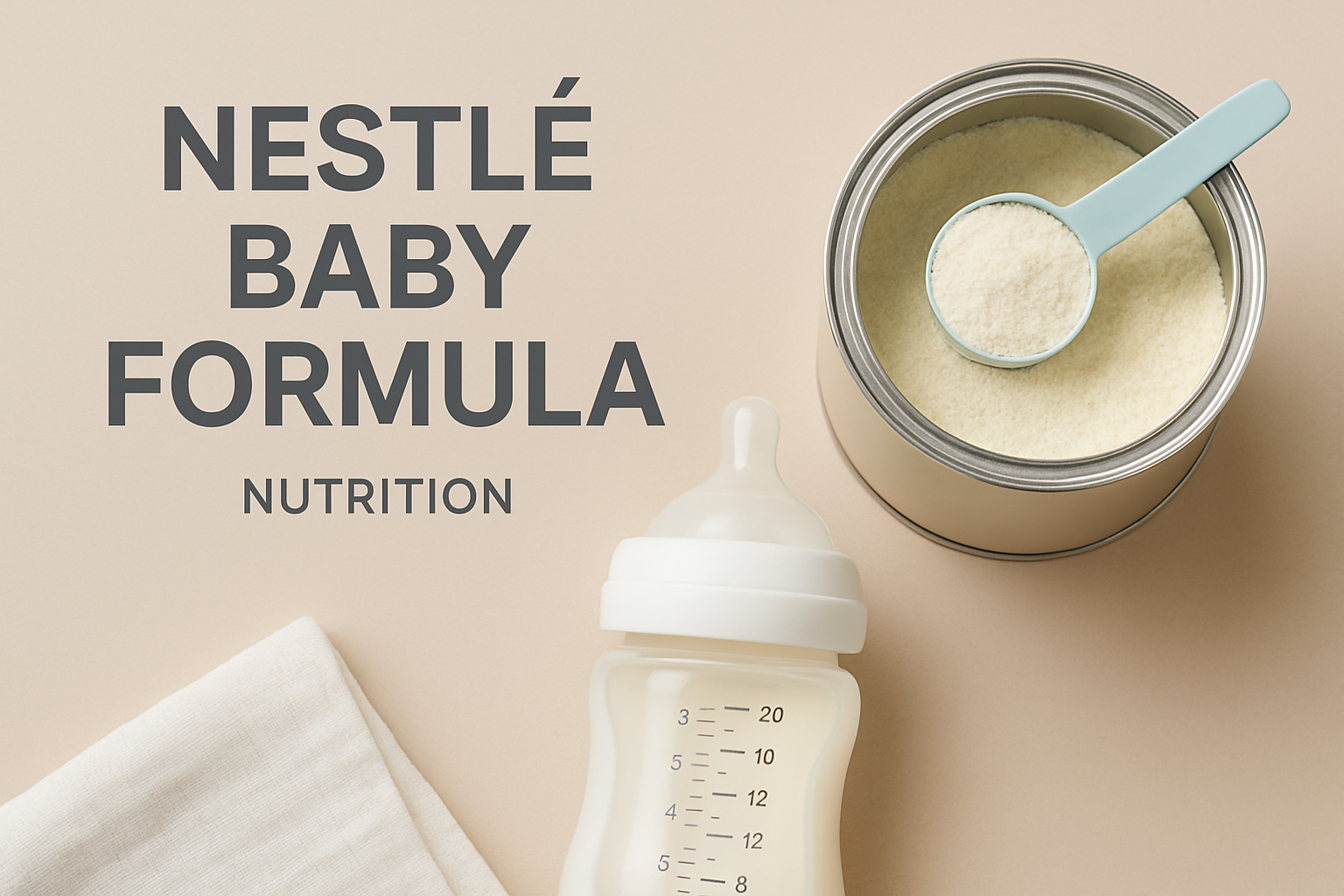
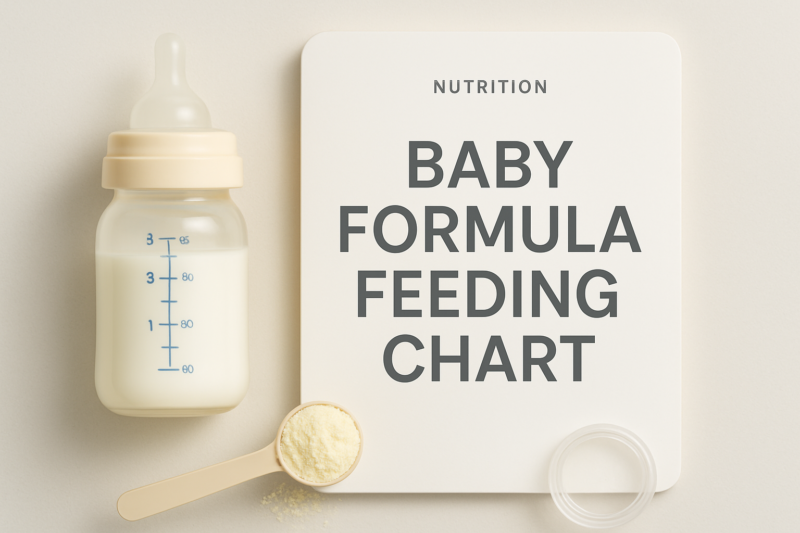
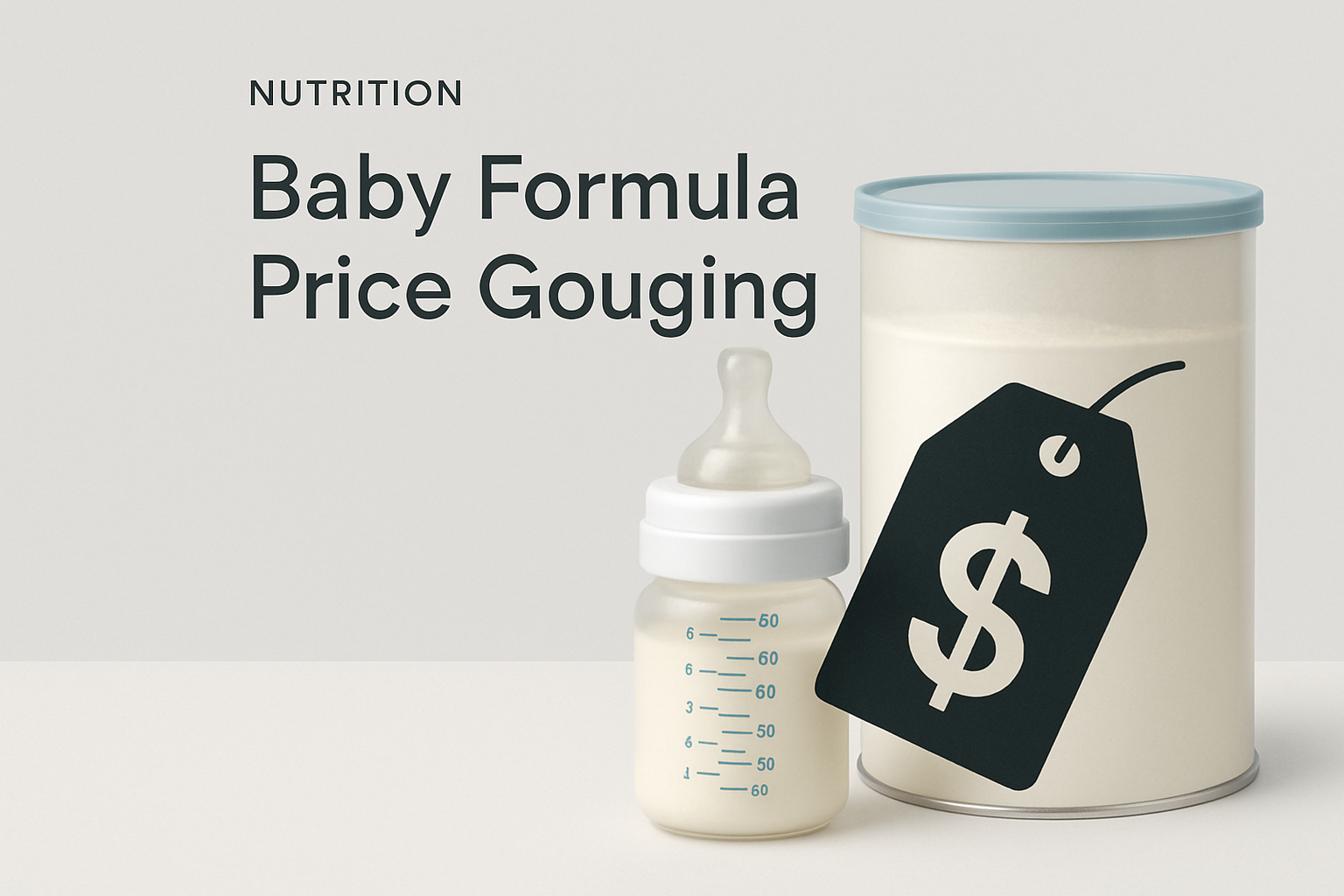

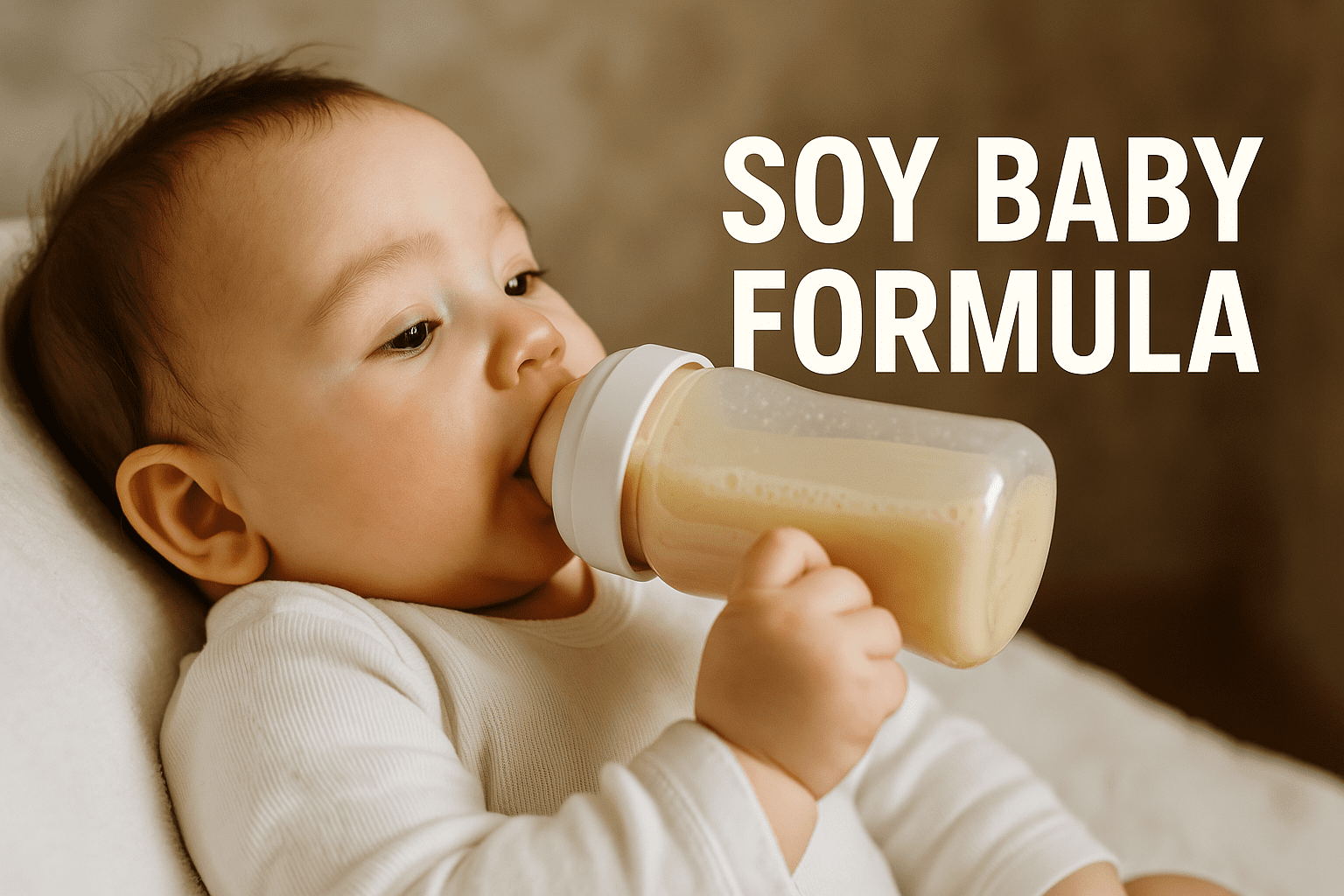

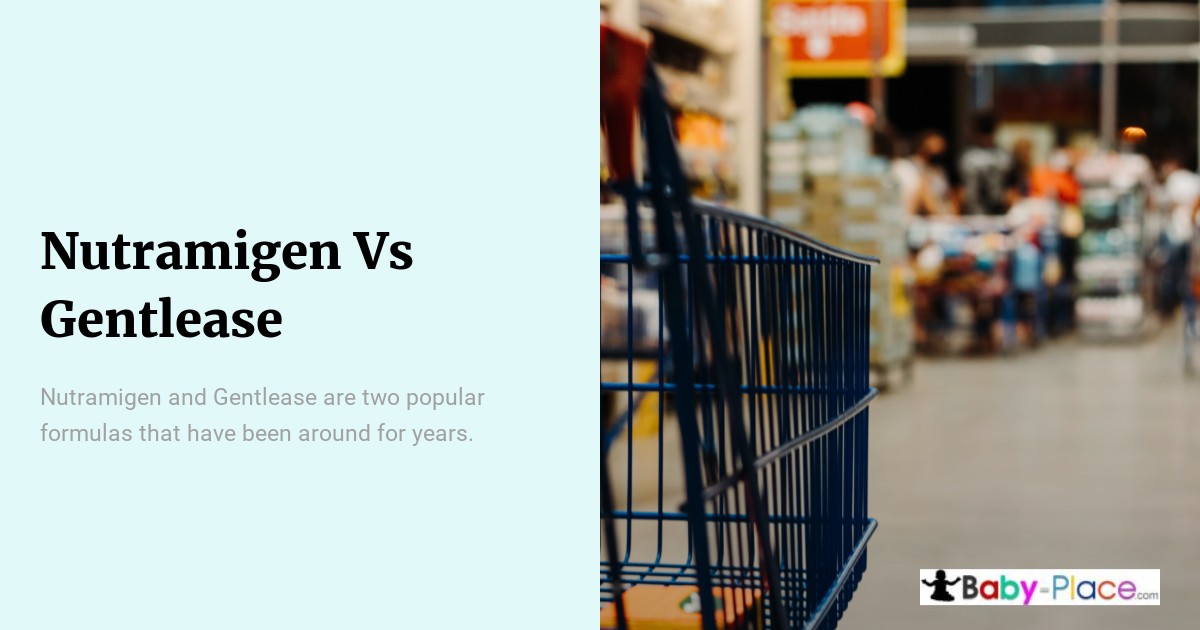
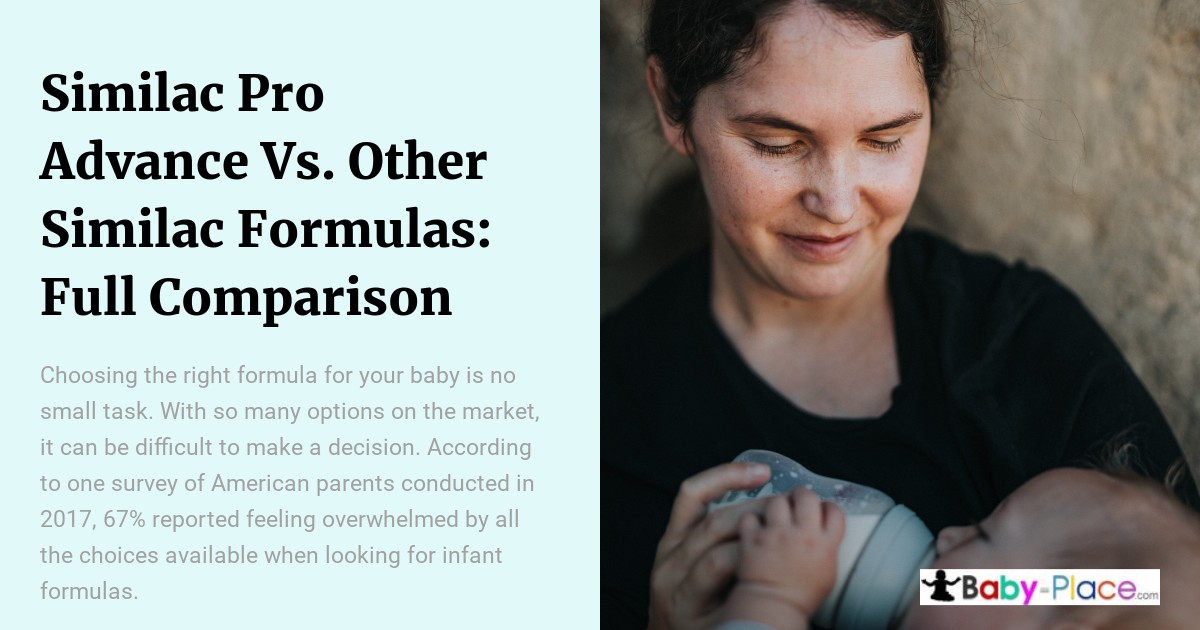
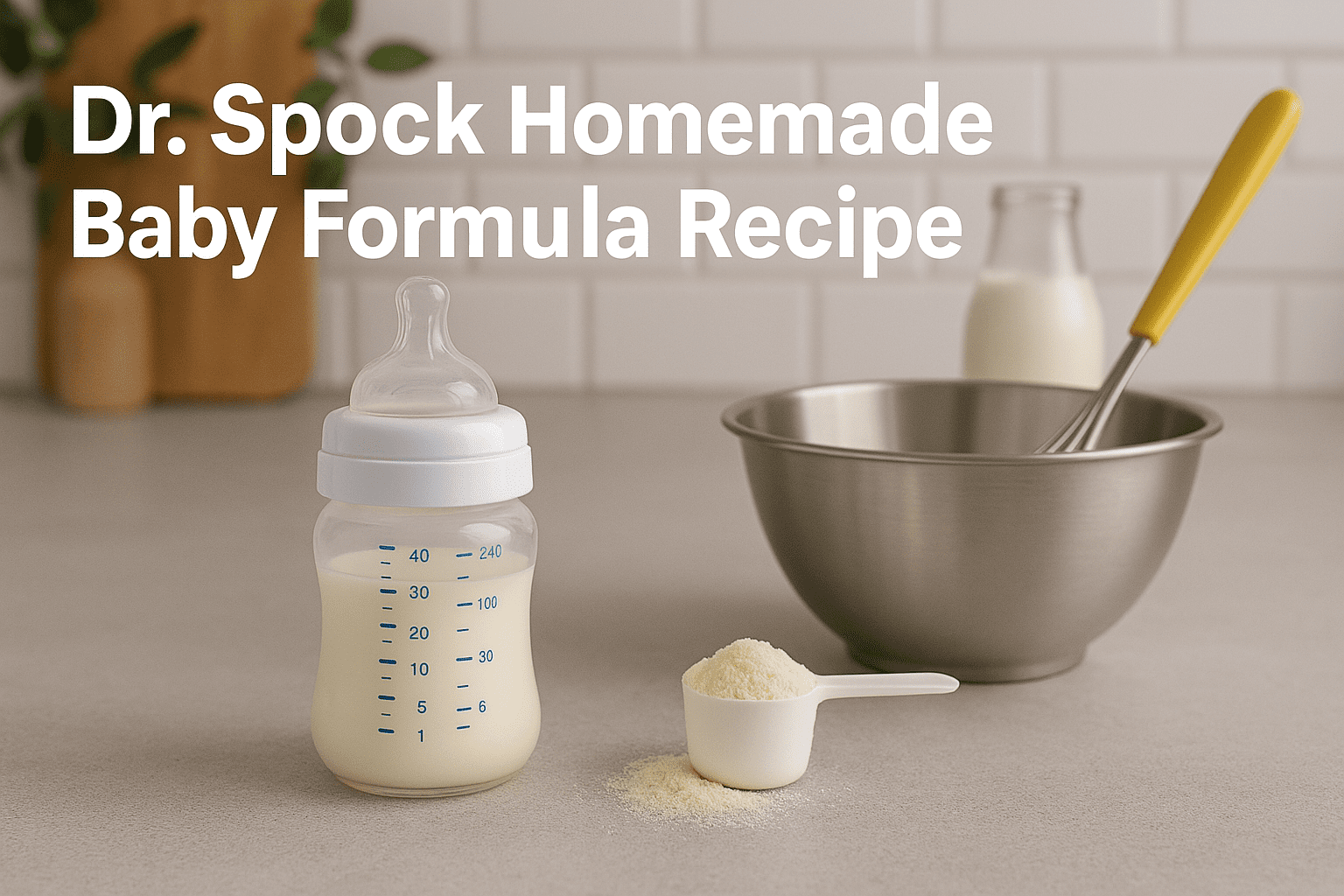
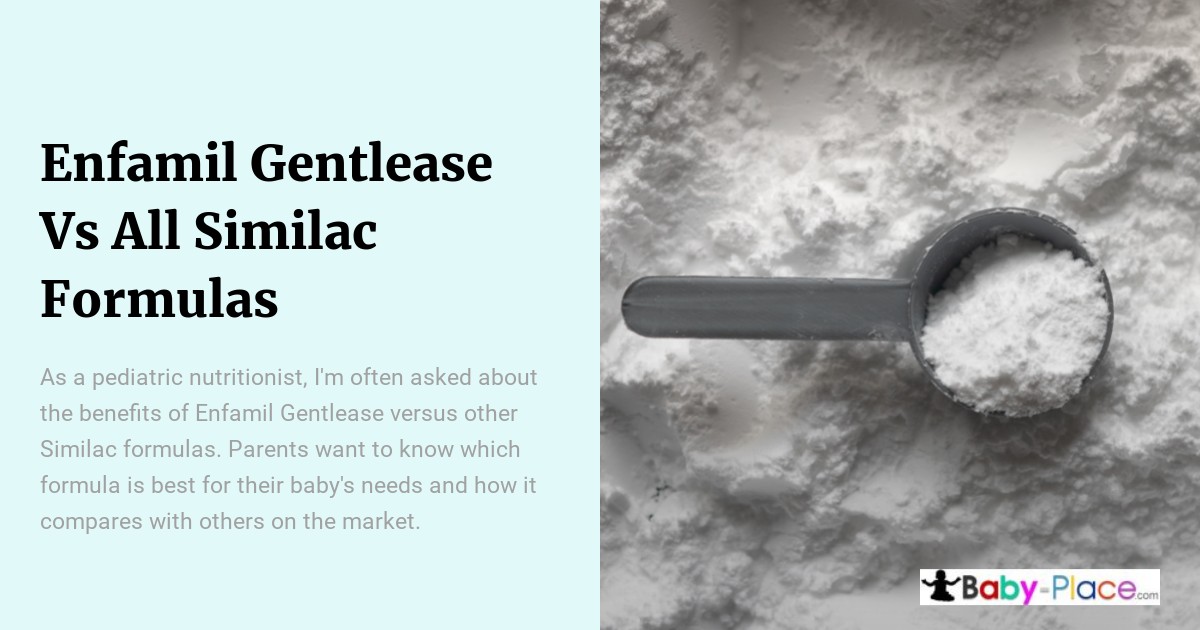





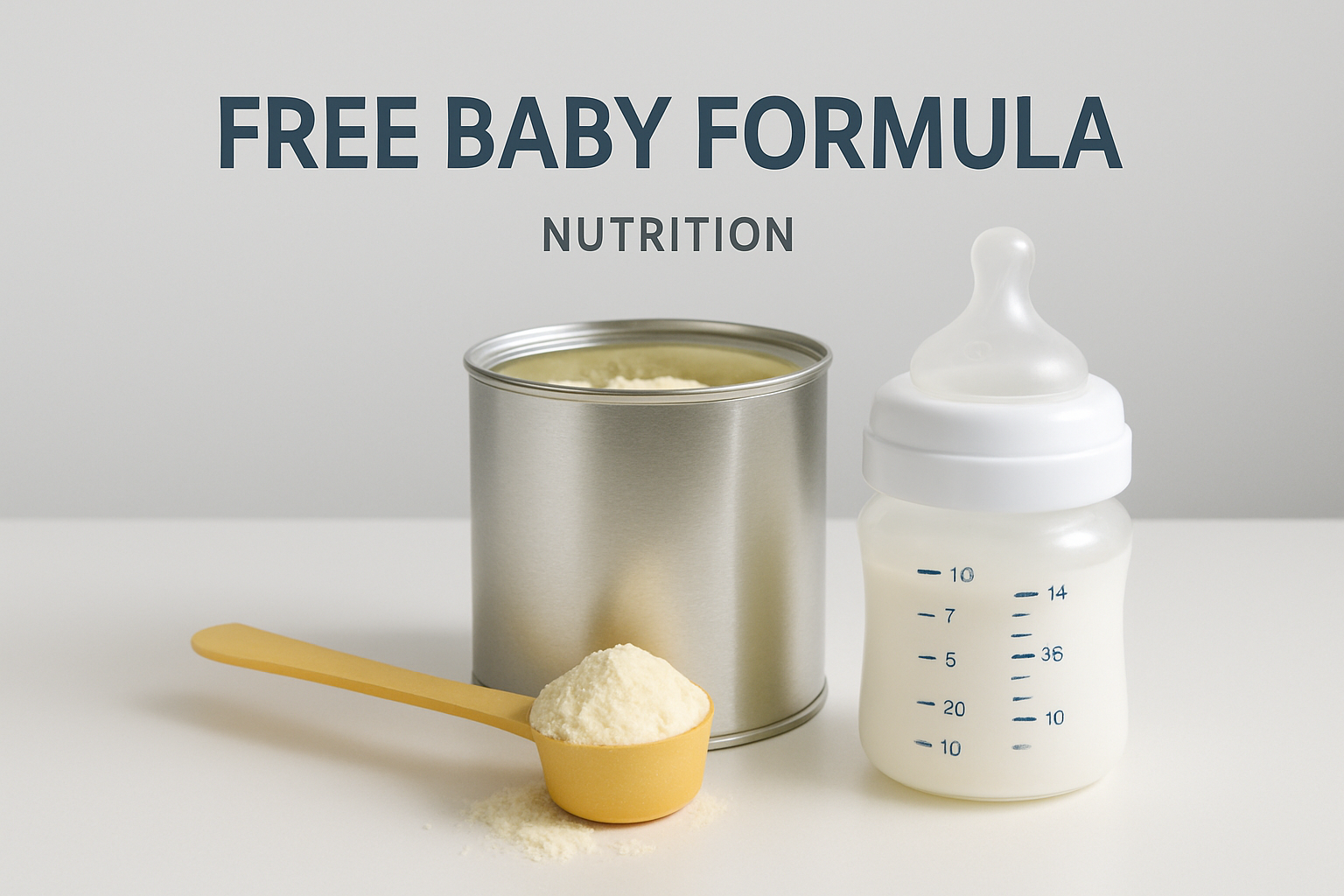
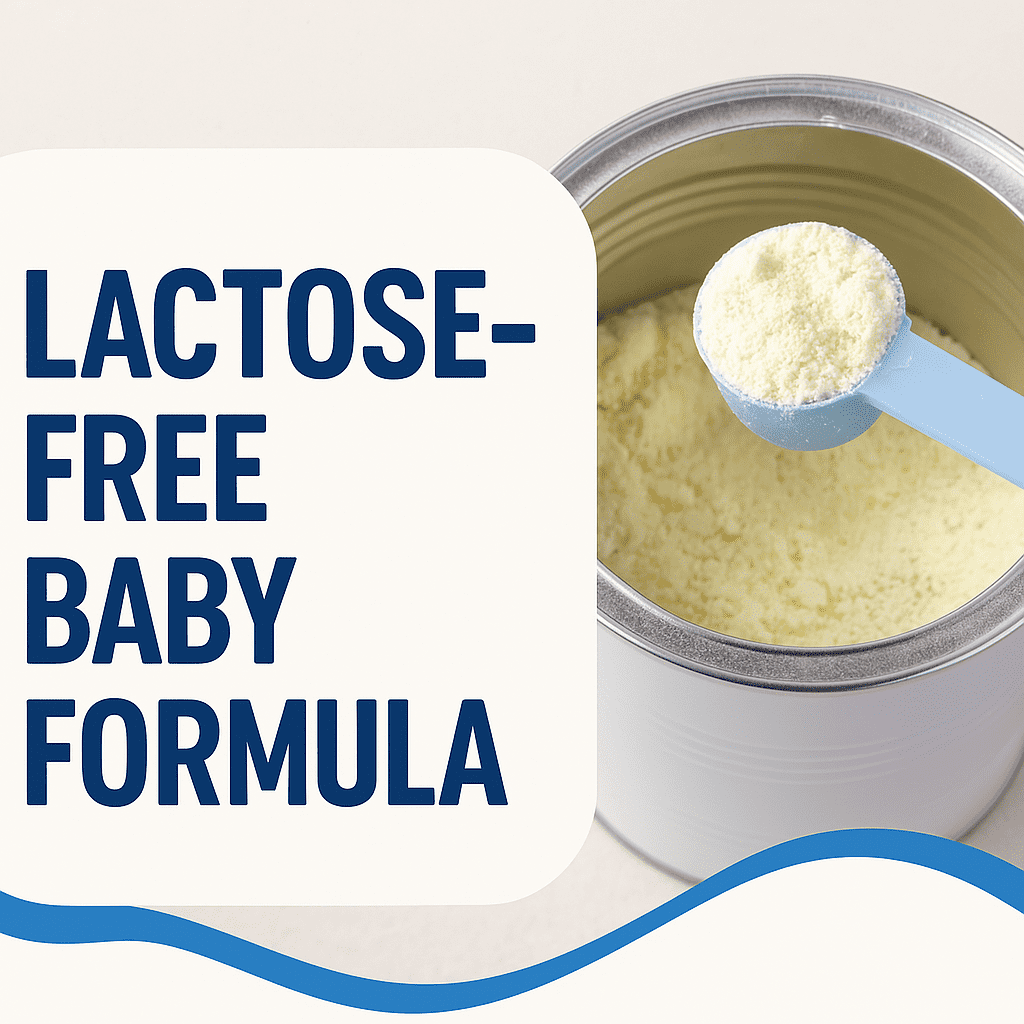


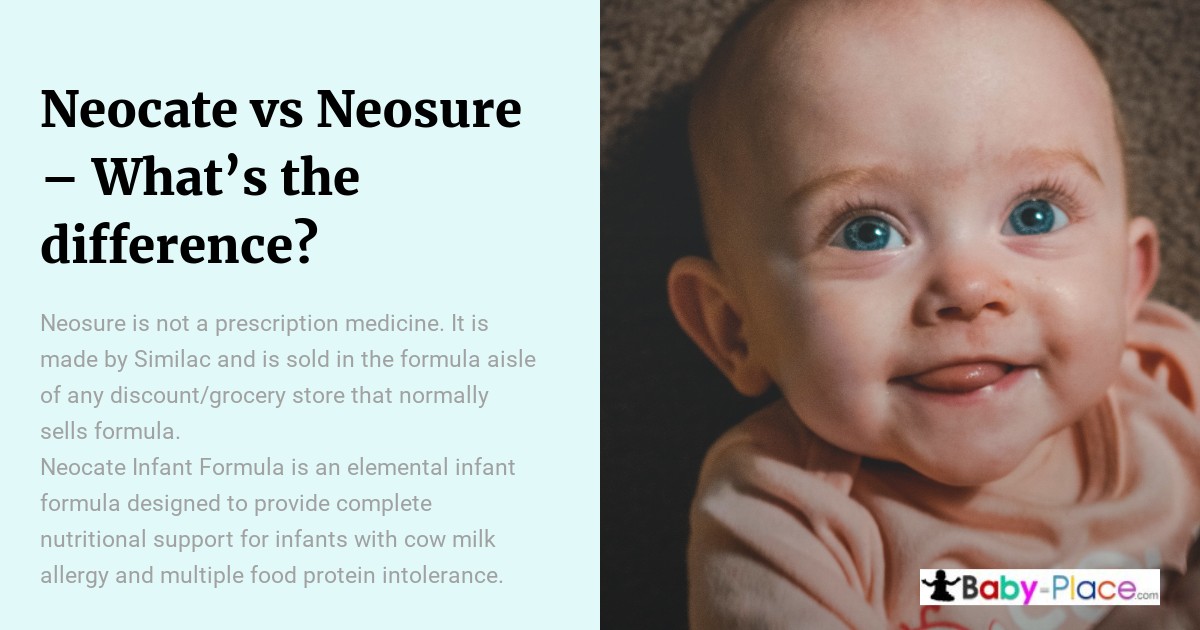
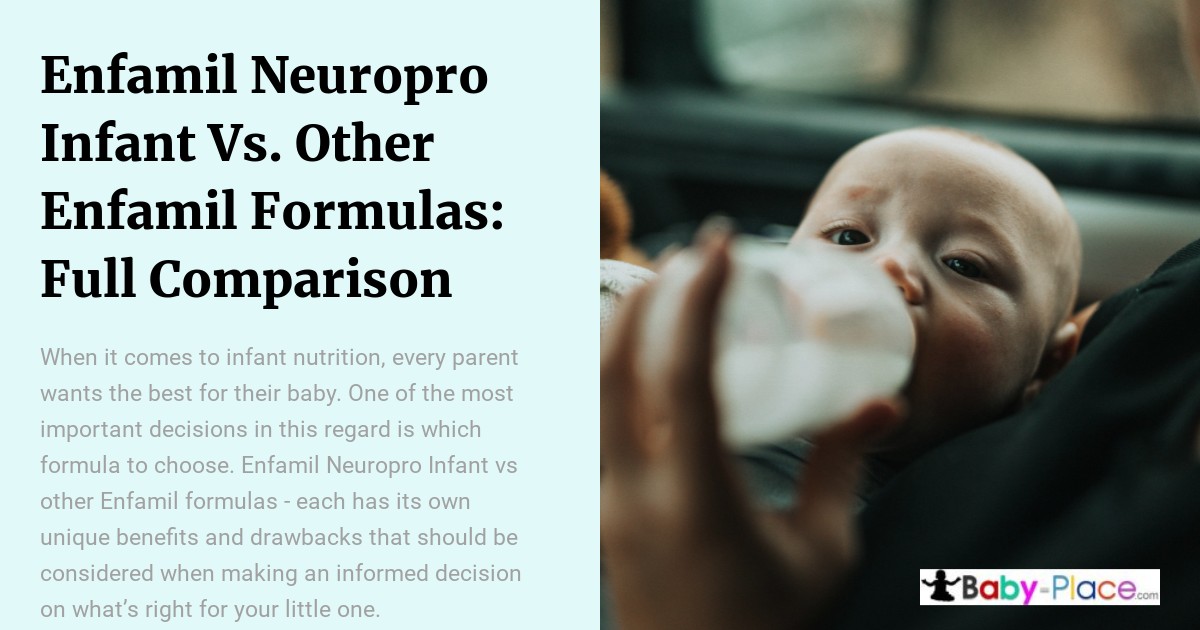
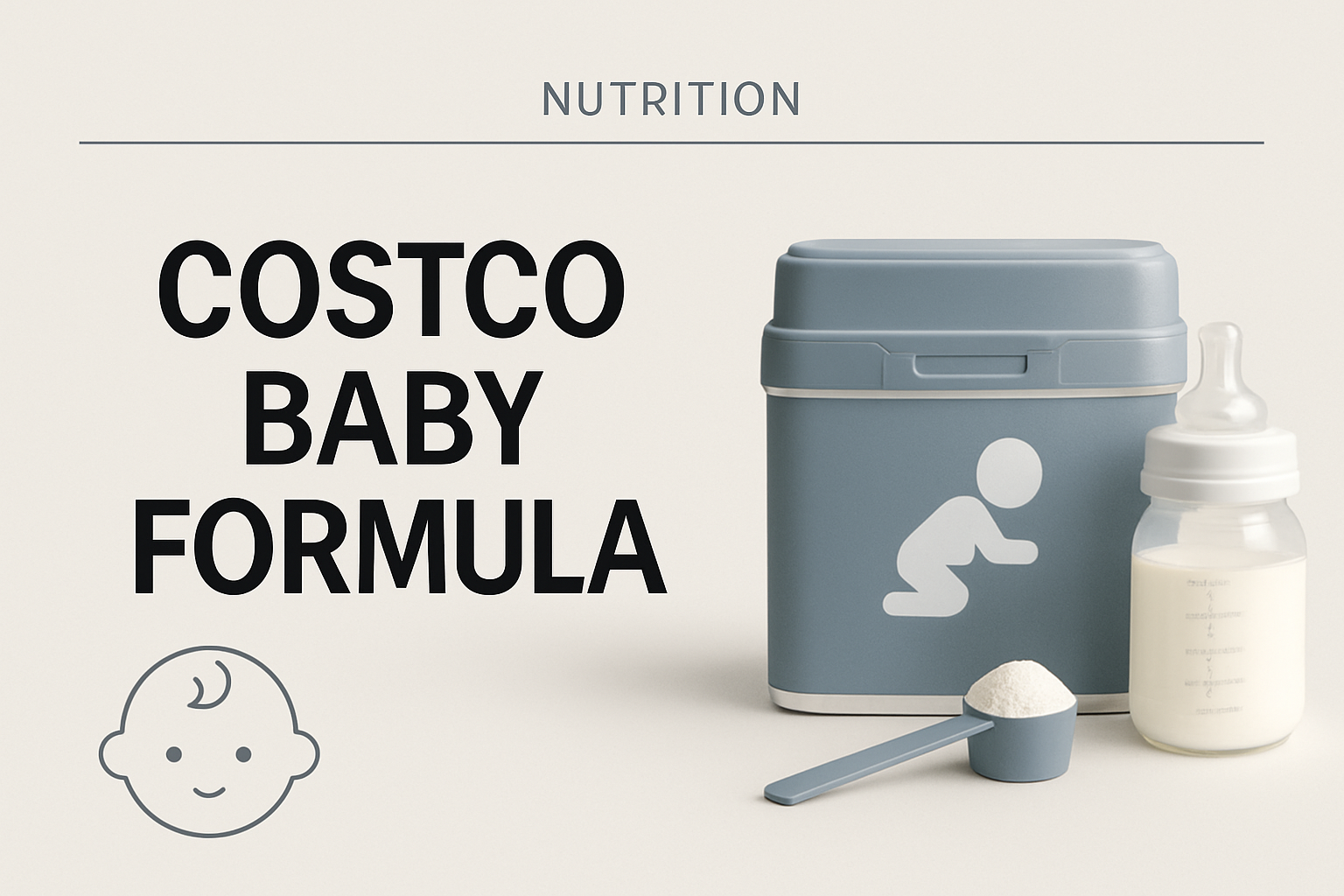

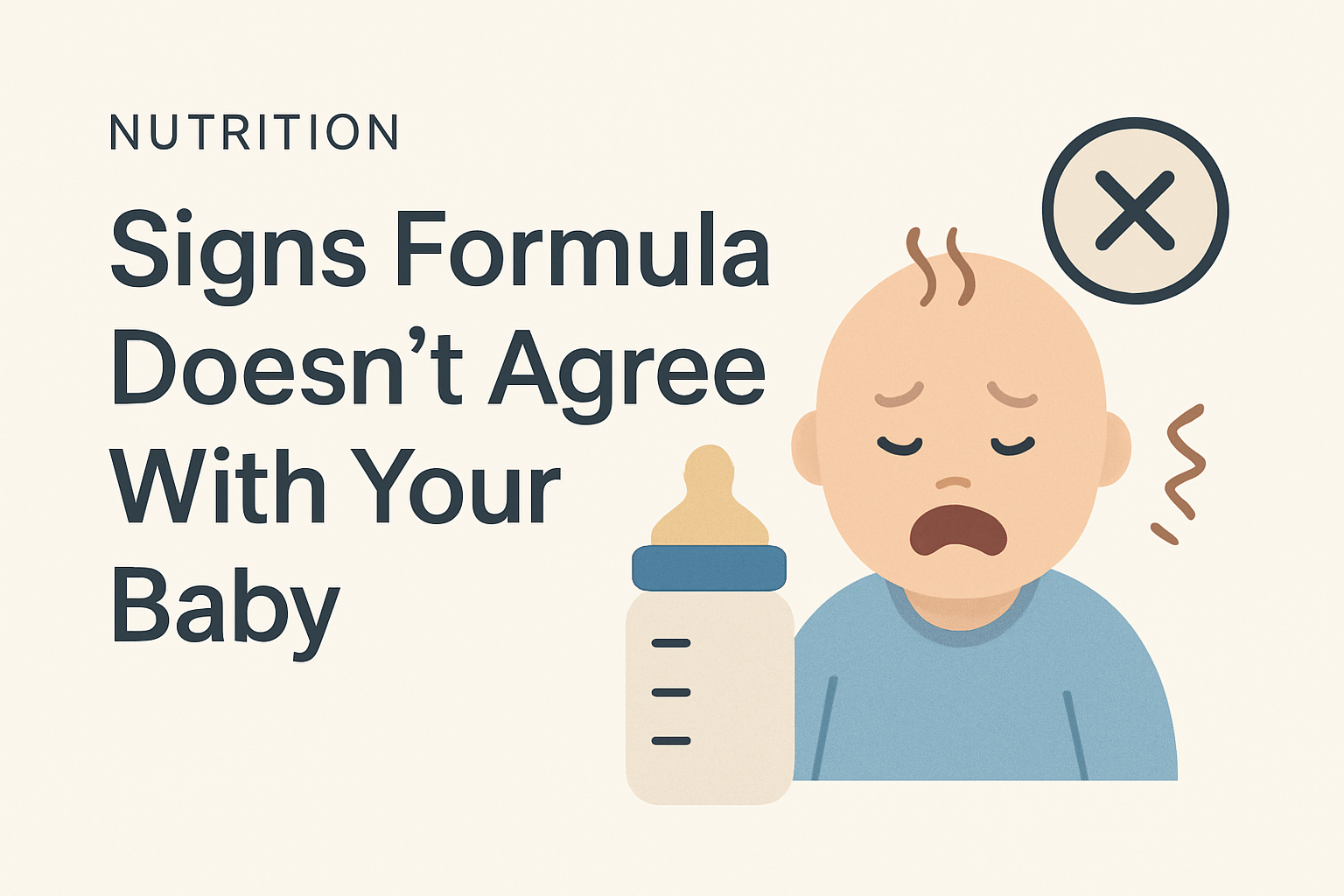
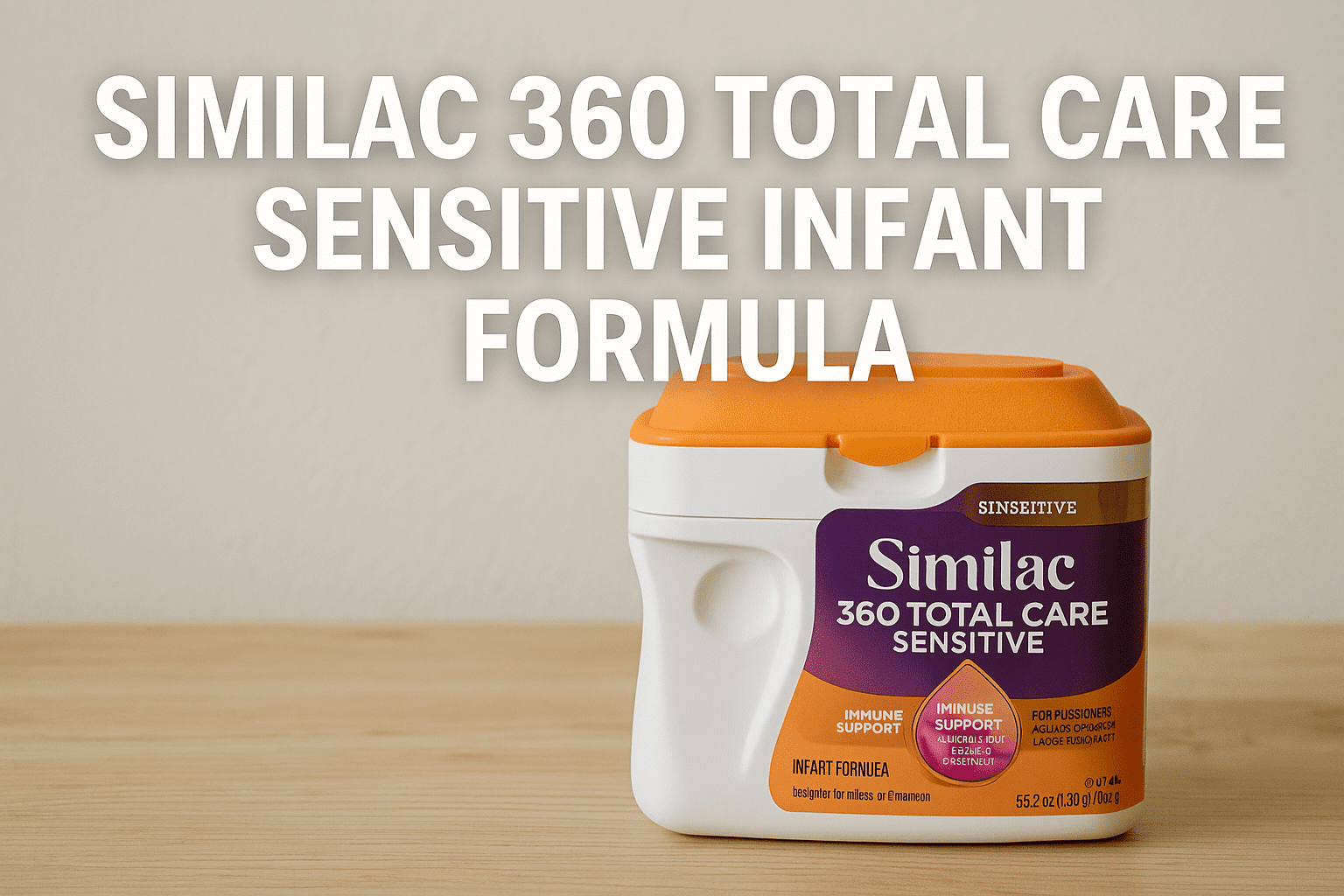

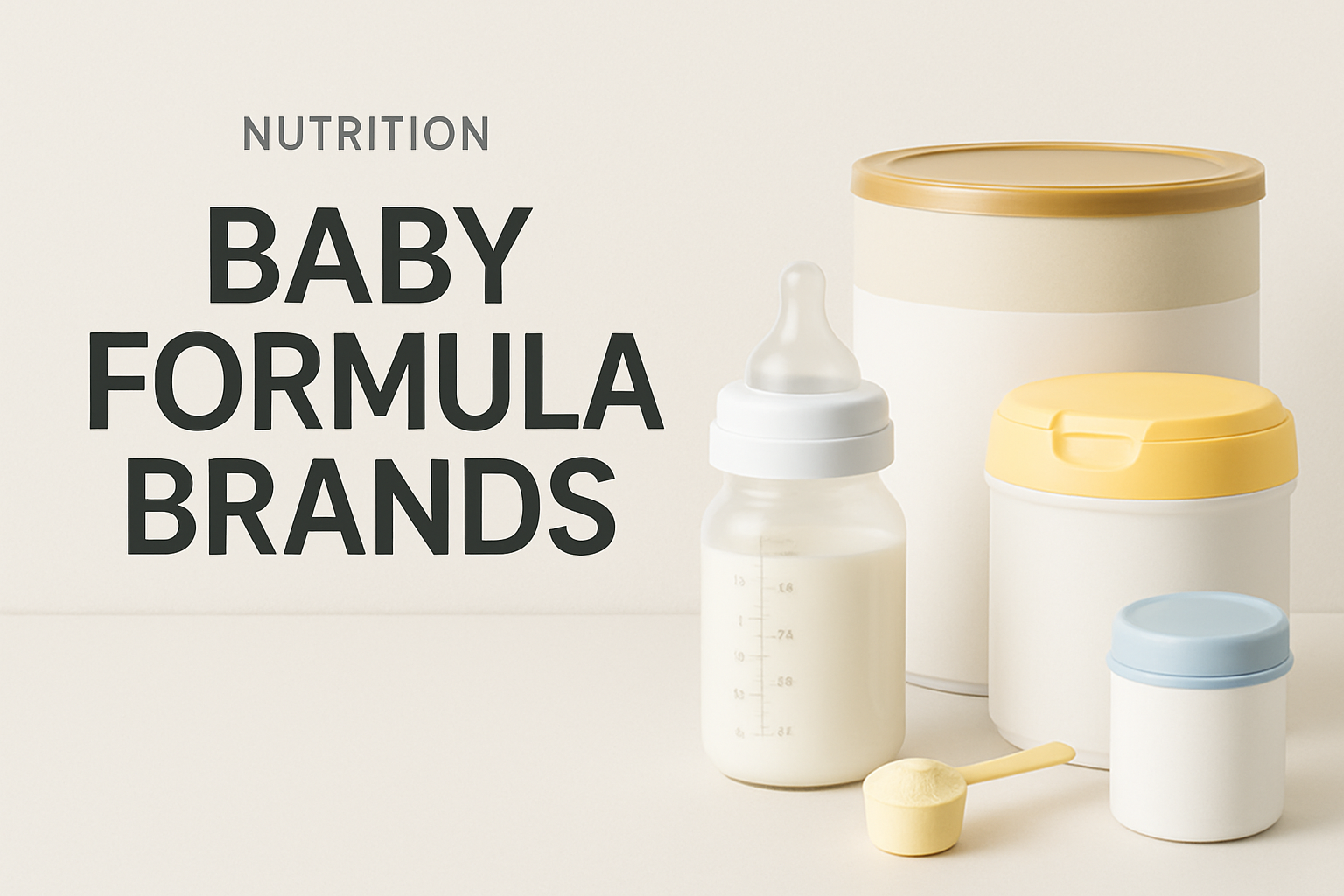

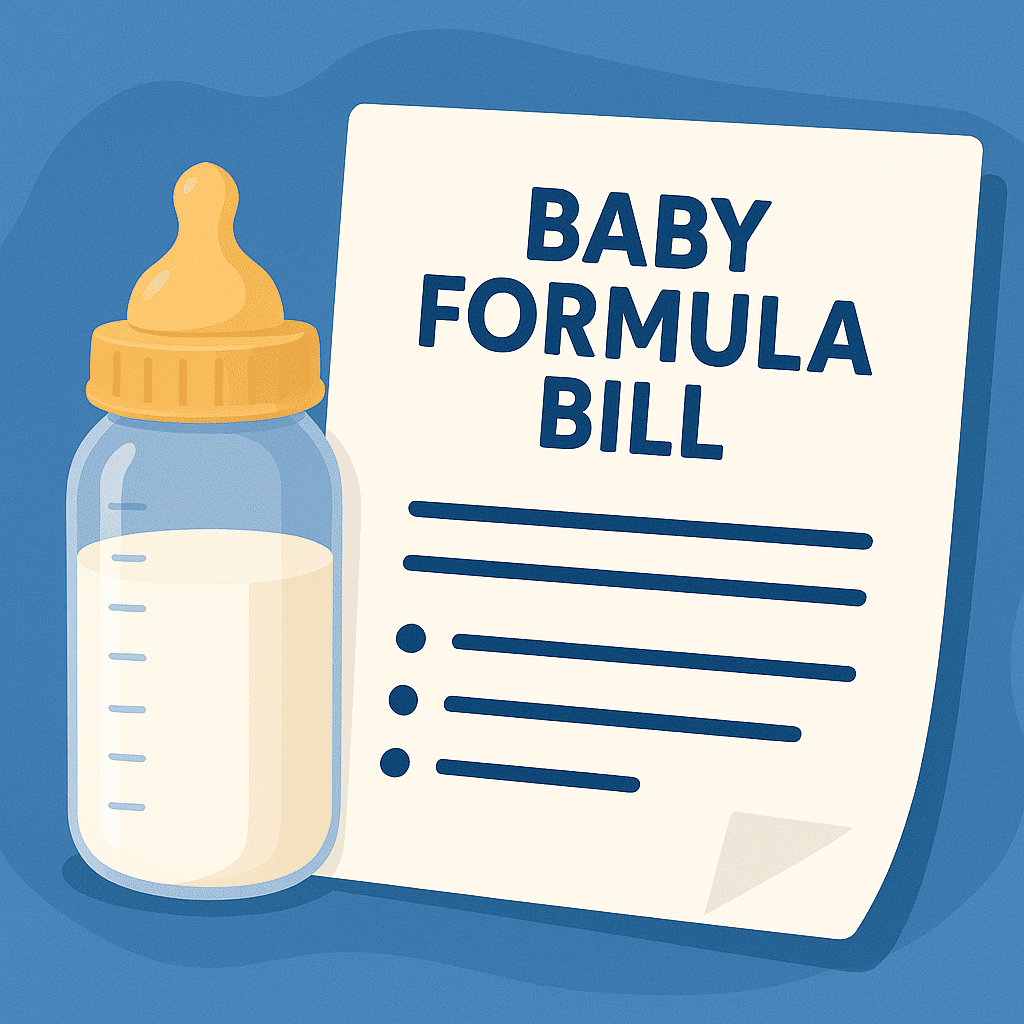
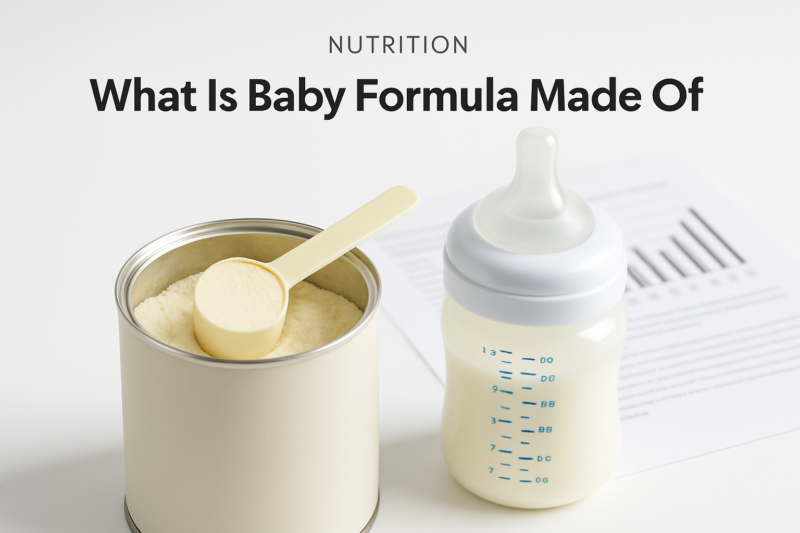

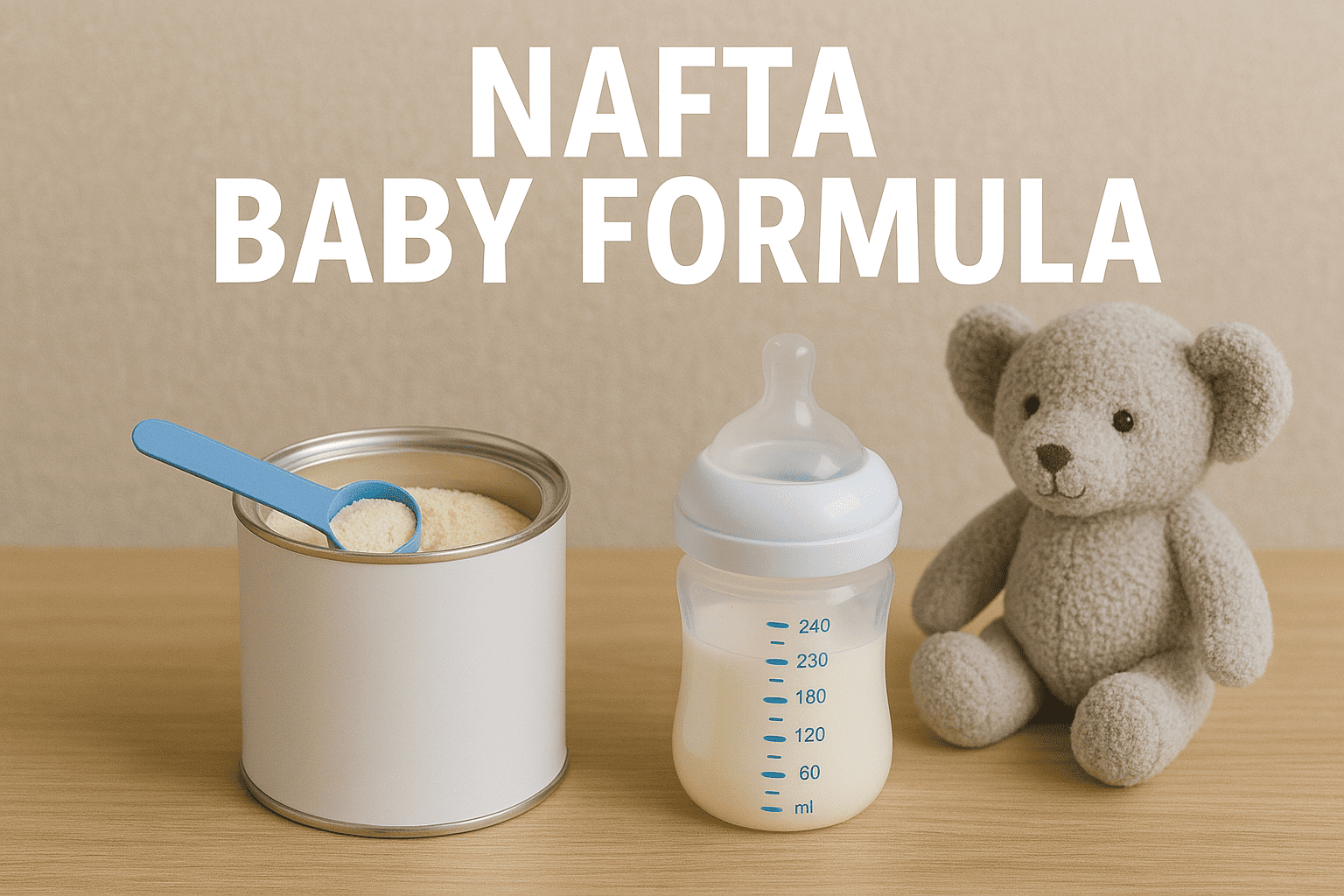
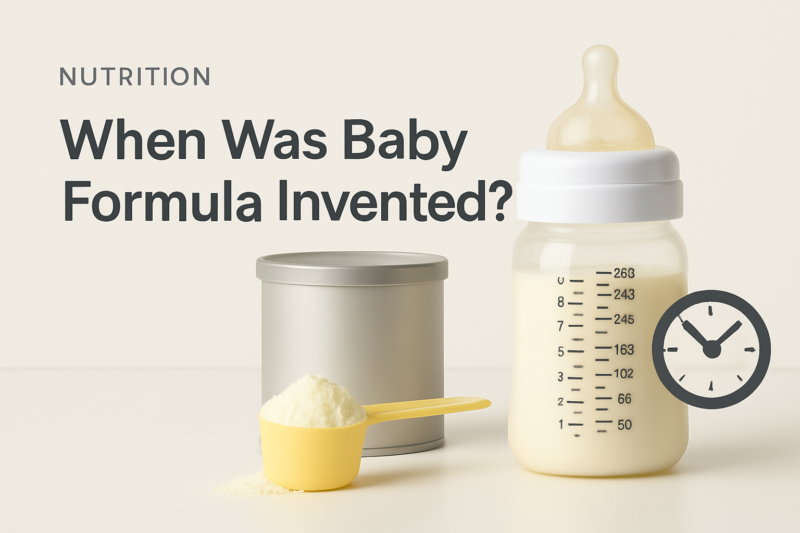
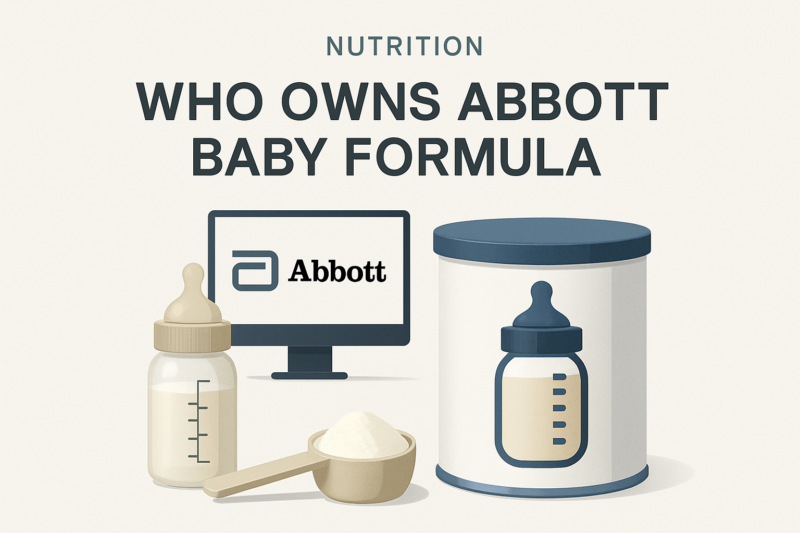

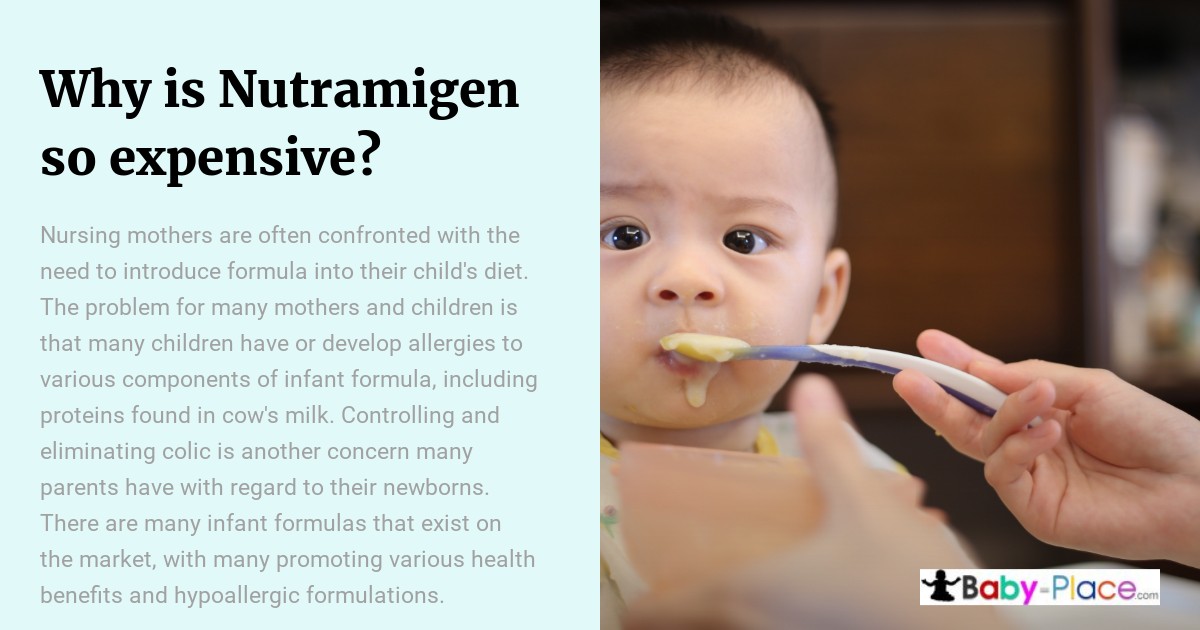


![[Recipe] Homemade Baby Formula Recipe](https://baby-place.com/wp-content/uploads/2025/04/homemade-formula-recipe-e1755526887889.png)
![[Recipe] Making baby formula at home](https://baby-place.com/wp-content/uploads/2022/12/baby-formula-recipe.jpg)